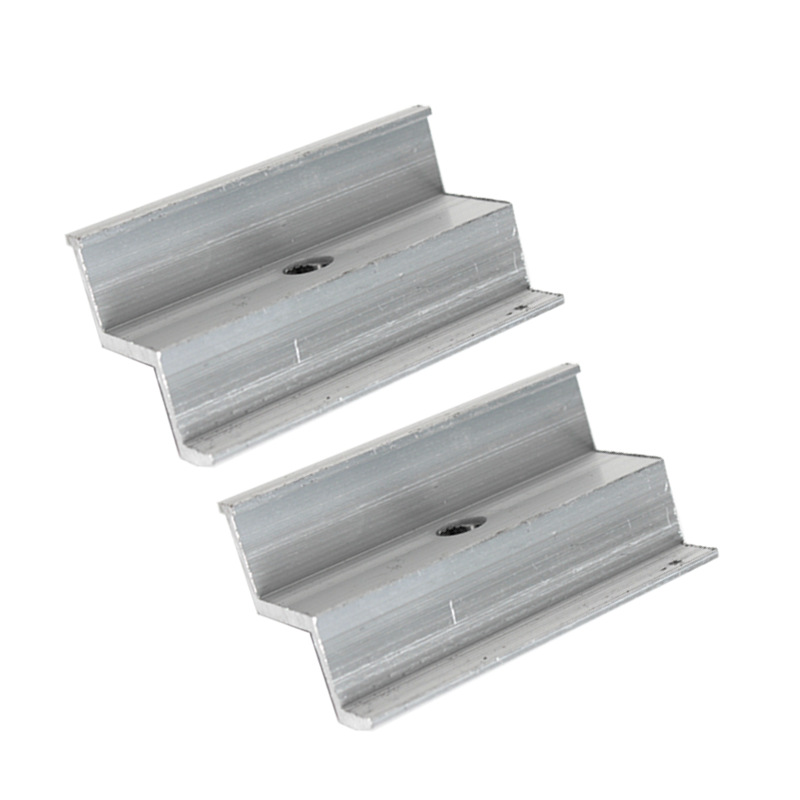

stud bolt coating
नवम्बर . 07, 2024 02:33 Back to list
stud bolt coating
Stud Bolt Coating Enhancing Durability and Corrosion Resistance
In the world of mechanical engineering and construction, fasteners play a crucial role in ensuring the integrity and longevity of structures and machinery. Among these fasteners, stud bolts are particularly important due to their ability to provide strong and secure connections under various load conditions. However, the effectiveness of stud bolts can be compromised by environmental factors, particularly corrosion. This is where stud bolt coating comes into play, offering a solution to enhance durability and performance.
Stud Bolt Coating Enhancing Durability and Corrosion Resistance
There are several types of coatings available for stud bolts, each with its unique properties and benefits. One of the most common types is zinc plating, which provides a sacrificial layer that protects the underlying metal. If the coating is scratched or damaged, the zinc will corrode preferentially, thereby protecting the steel underneath. This method is highly effective for applications in moderately corrosive environments.
stud bolt coating

Another popular option is epoxy coatings. These coatings are known for their excellent adhesion, chemical resistance, and durability. Epoxy coatings create a barrier that not only prevents corrosion but also protects against abrasions and impacts. This makes them ideal for use in industries where stud bolts are exposed to harsh chemicals or mechanized stress.
For extreme conditions, such as those found in maritime environments, specialized coatings like thermoplastic or thermal spray can be used. These coatings offer superior protection against saltwater and other corrosive elements. Additionally, thermal spray coatings can significantly increase the lifespan of stud bolts, making them a worthwhile investment for high-risk applications.
Moreover, the application process of coatings is just as important as the type of coating used. Proper surface preparation, including cleaning and roughening the surface of the stud bolts, is crucial for optimal coating adhesion. Techniques such as sandblasting or chemical cleaning are often employed to ensure that the surface is free of contaminants that could impair coating performance.
In conclusion, the coating of stud bolts is a vital process that enhances their performance and longevity in challenging environments. With options ranging from zinc plating to advanced epoxy and thermoplastic coatings, engineers and designers can select the most suitable solution based on specific operational conditions. By investing in high-quality coatings and ensuring proper application, industries can significantly reduce the risk of corrosion-related failures, ensuring safer and more reliable operations. As technology continues to advance, the development of new coatings will only enhance the effectiveness of stud bolts in protecting critical systems and structures from the ravages of time and environment.
Latest news
-
Premium Fasteners Manufacturer | AI-Driven Solutions
NewsAug.01,2025
-
Hot Dip Galvanized Bolts - Hebei Longze | High Strength, Corrosion Resistance
NewsAug.01,2025
-
High-Strength Hot Dip Galvanized Bolts - LongZe | Corrosion Resistance, Custom Sizes
NewsAug.01,2025
-
Best Self Tapping Screws for Drywall - Fast & Secure Installation
NewsJul.31,2025
-
High-Strength Hot Dip Galvanized Bolts-Hebei Longze|Corrosion Resistance&Customization
NewsJul.31,2025
-
Hot Dip Galvanized Bolts-Hebei Longze Metal Products|Corrosion Resistance&High Strength
NewsJul.31,2025

